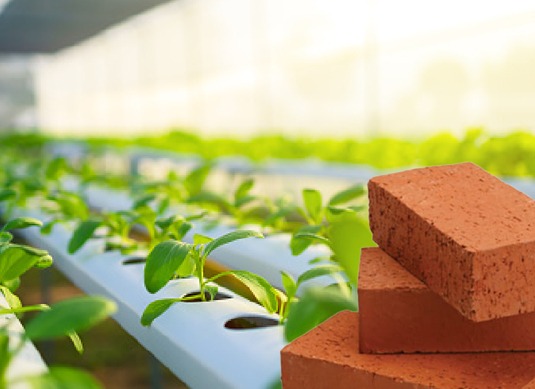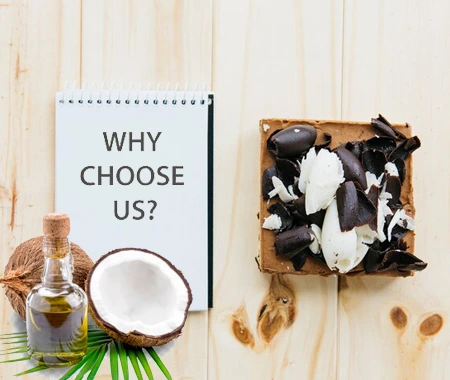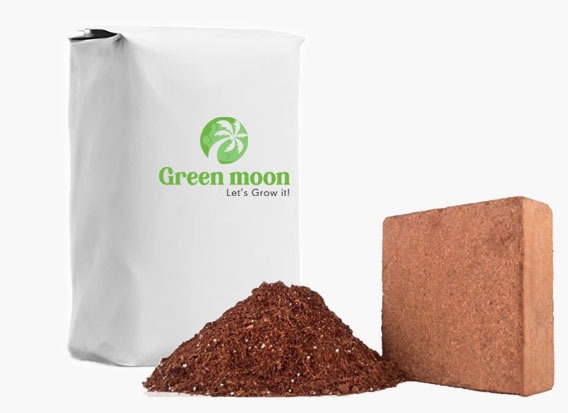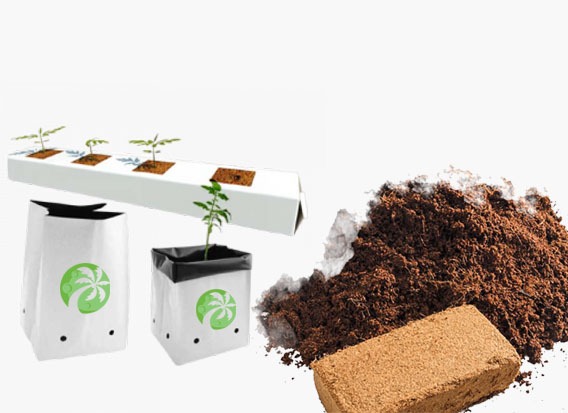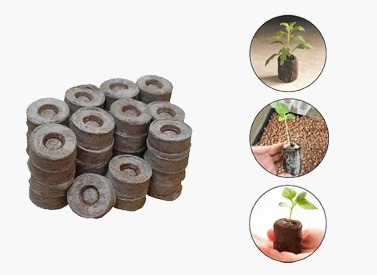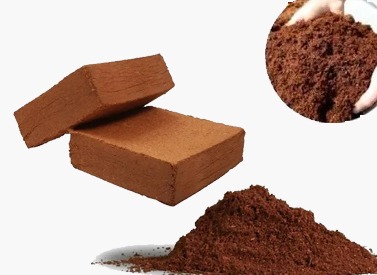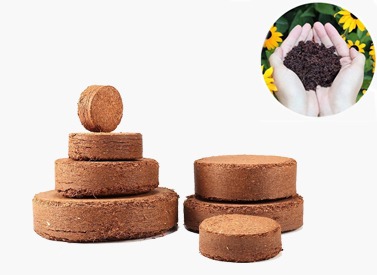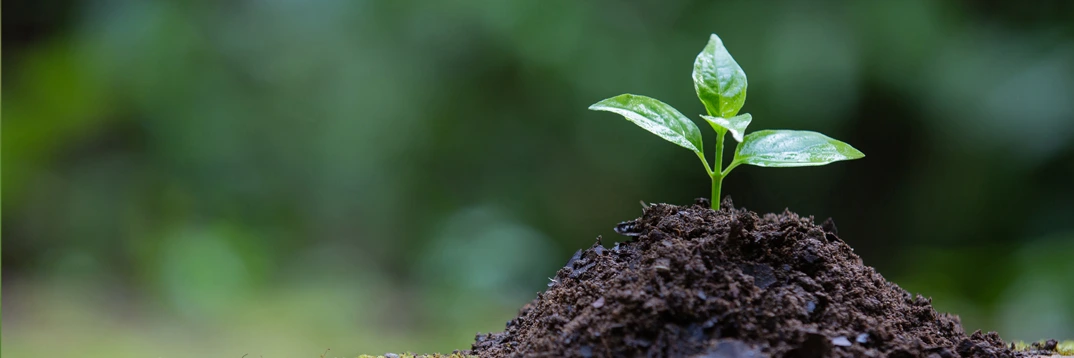We individually assess each
plan and offer optimal solutions
At Green Moon, we're committed to sustainability and eco-friendliness in all aspects of our business. We source only the best quality coco peat from our own farm and trusted suppliers, and use advanced processing techniques to create products that meet the needs of farmers, gardeners, and landscapers. Join us in our mission to protect the planet and promote sustainable agriculture.
About